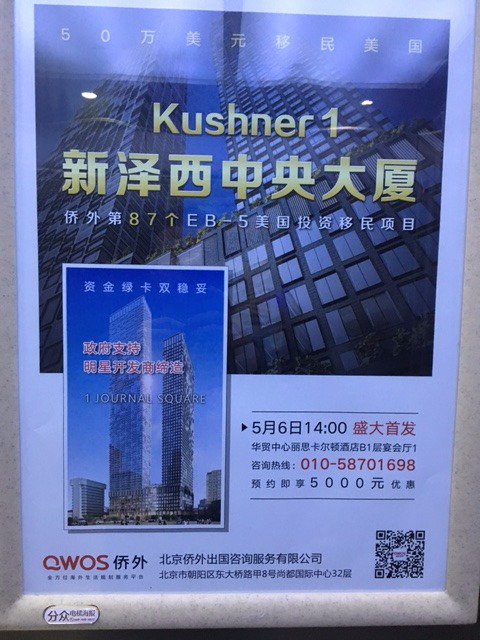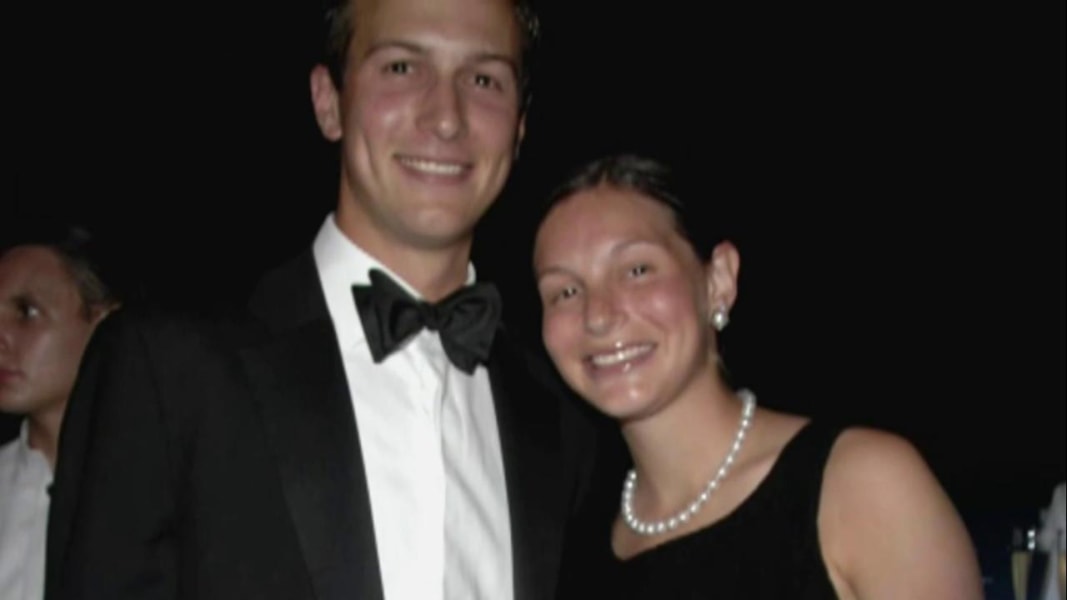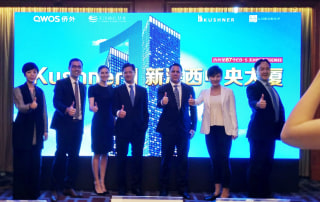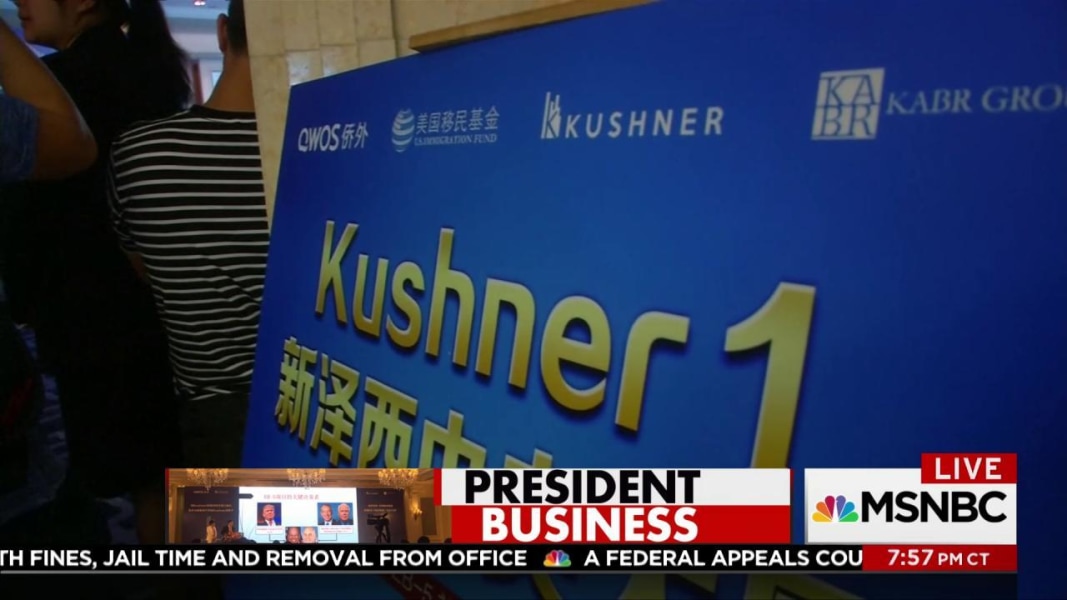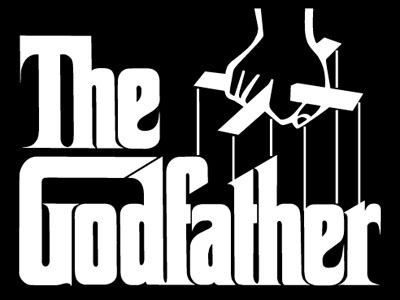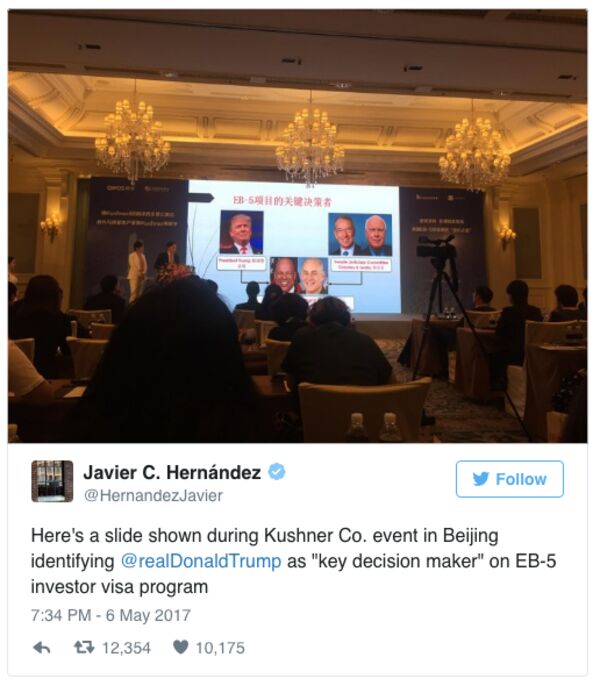By John Ruwitch | SHANGHAI
Donald Trump's daughter Ivanka Trump speaks at The MISK Event on the second day of his visit to Saudi Arabia, in Riyadh, Saudi Arabia, May 21, 2017.
A man has been arrested and two are missing in China after conducting an investigation into a Chinese company making Ivanka Trump-branded shoes, China Labor Watch, a New York-based advocacy group, said on Wednesday.
Labor activist Hua Haifeng was arrested in Jiangxi province on suspicion of illegally using eavesdropping equipment, according to Li Qiang, executive director of the group China Labor Watch.
The three men had been investigating labor conditions at factories that produce shoes for Ivanka Trump, the daughter of Donald Trump, and other Western brands, he said in an email.
"We appeal to Trump, Ivanka Trump herself, and to her related brand company to advocate and press for the release our activists," China Labor Watch said in the email to Reuters.
The Ivanka Trump brand declined to comment while the White House and Ivanka Trump's lawyer, Jamie Gorelick, did not immediately respond to requests for comment.
Calls to provincial police in Jiangxi and Ganzhou city police were not answered.
Chinese Foreign Ministry spokeswoman Hua Chunying said she did know anything about the situation and declined further comment.
The reported arrest and disappearances come at a time of sustained pressure on labor activists in China amid a crackdown on civil society under Xi Jinping.
In recent years, many labor rights activists have reported being intimidated and harassed, detained, or restricted in their movement.
Li said in 17 years of activism, including investigations of hundreds of factories in China, his group had never had anyone arrested on suspicion of having committed a crime.
"This is the first time we've come across this kind of situation," he said, adding the accusation against Hua had "no factual basis".
'PROTECTION NOT PROSECUTION'
Rights group Amnesty International called for the release of the three if they were held only for investigating possible labor abuses at the factories.
"Activists exposing potential human rights abuses deserve protection not persecution," said William Nee, the group's China researcher.
"The trio appear to be the latest to fall foul of the Chinese authorities’ aggressive campaign against human rights activists who have any ties to overseas organizations, using the pretence of 'national security'."
China Labor Watch's Li said Hua and another investigator, Li Zhao, had worked covertly at a shoe factory in the city of Dongguan, in Guangdong province, that was owned by the Huajian Group.
The third investigator, Su Heng, had worked at a related factory in the city of Ganzhou in Jiangxi but went incommunicado after May 27.
Both factories produced Ivanka Trump-branded shoes, Li Qiang said.
The investigators had discovered evidence that workers' rights had been violated, Li said.
Hua had been investigating a vocational school in Jiangxi affiliated with Huajian Group when he was arrested.
A woman surnamed Mu who said she was in charge of recruitment at Huajian said she had not heard about the case.
A switchboard operator at Huajian's headquarters declined to transfer Reuters to company officials in a position to address questions about the situation.
Hua and Li Zhao had been warned by authorities weeks ago that they were suspected of having broken the law, and were barred from crossing the border into Hong Kong in April and May, Li Qiang said.
The investigators had discovered evidence that workers' rights had been violated, Li said.
Hua had been investigating a vocational school in Jiangxi affiliated with Huajian Group when he was arrested.
A woman surnamed Mu who said she was in charge of recruitment at Huajian said she had not heard about the case.
A switchboard operator at Huajian's headquarters declined to transfer Reuters to company officials in a position to address questions about the situation.
Hua and Li Zhao had been warned by authorities weeks ago that they were suspected of having broken the law, and were barred from crossing the border into Hong Kong in April and May, Li Qiang said.

